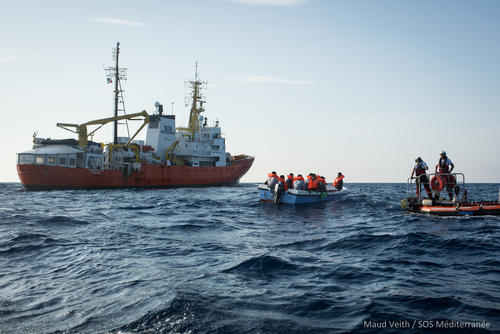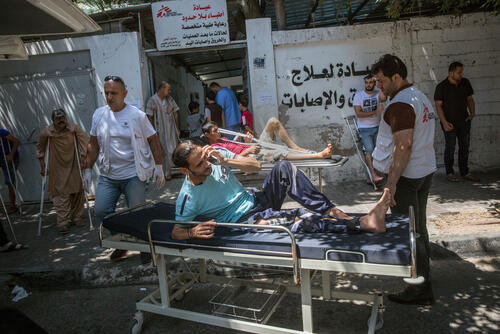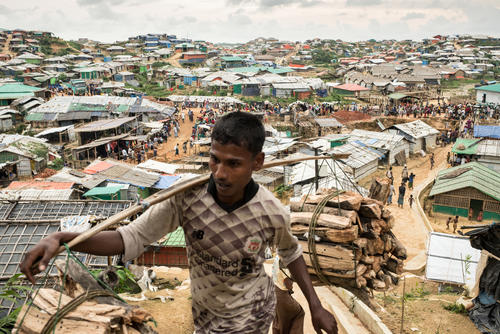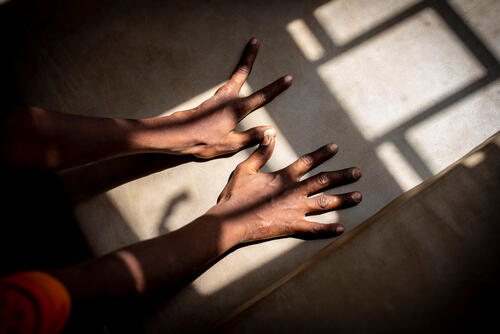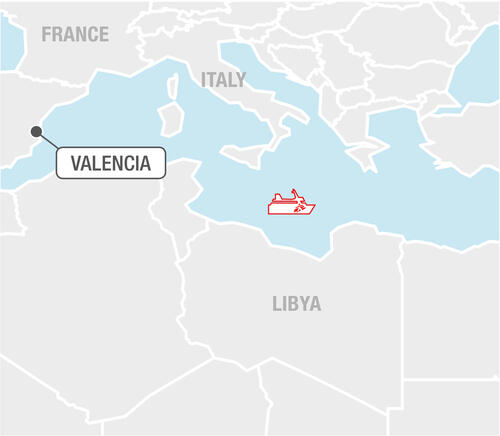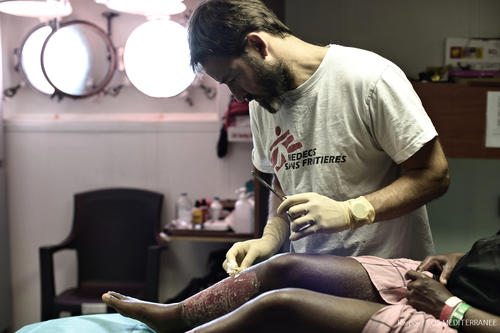
3,240
3,24
According to the International Organization for Migration, an estimated 2,297 people drowned or went missing in the Mediterranean Sea in 2018.
The majority of these deaths occurred in international waters between Libya, Italy and Malta, along what continues to be the world’s deadliest migration route. Thousands who managed to survive were intercepted at sea and, with EU support, forcibly returned to Libya in violation of international law.
In Libya, refugees and migrants routinely face abuse, torture, exploitation and inhumane conditions of detention, which have a severe impact on their physical and mental health.
The search and rescue vessel Aquarius, operated by Médecins Sans Frontières (MSF) and SOS MEDITERRANEE, assisted 3,184 people in 2018.
However, in June, the newly elected Italian government took the extraordinary step of effectively closing its ports to all rescued refugees and migrants, leaving the Aquarius and 630 vulnerable men, women and children on board stranded at sea for eight days, until they were able to disembark in Valencia, Spain – more than 1,300 kilometres away.
The move sent shockwaves through Europe and set a dangerous precedent that paralysed search and rescue activity in the Central Mediterranean. In the aftermath, governments failed to come up with a sustainable solution to share responsibility for survivors arriving on European shores.
For the rest of the year, they and the ships that rescued them were left stranded at sea for days or weeks at a time until ad hoc agreements could be reached.
In August and September, the Aquarius came under further political pressure. Despite being in full compliance with maritime regulations and technical specifications, the ship was stripped of its flag and registration, first by Gibraltar, then by Panama, at the instigation of the Italian government. Without a flag, the Aquarius was unable to leave port to assist those in distress.
The longstanding campaign to criminalise NGOs who support refugees and migrants intensified in November when the Public Prosecutor’s Office of Catania requested the seizure of the Aquarius over dubious allegations of illicit waste trafficking at Italian ports.
We immediately refuted claims that we had engaged in criminal activity or that the discarded food and clothing of survivors posed a transmission risk for diseases such as HIV, tuberculosis or scabies, but the politically motivated judicial proceedings further undermined our prospects of continuing lifesaving work on the Aquarius.
By the end of the year, MSF and SOS MEDITERRANEE were left with no choice but to end rescue operations on the Aquarius.
As European governments shirk their responsibilities and curtail the ability of aid organisations to offer assistance, the humanitarian crisis in the Central Mediterranean continues to present long-term challenges.
As long as refugees, migrants and asylum seekers are drowning or being forced back to Libya in violation of international law, MSF will seek ways to reach them and provide medical and humanitarian care.



